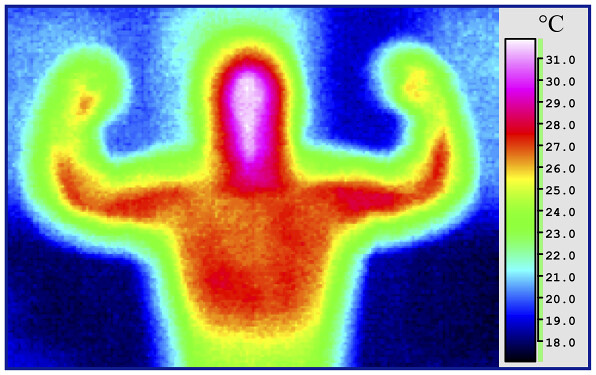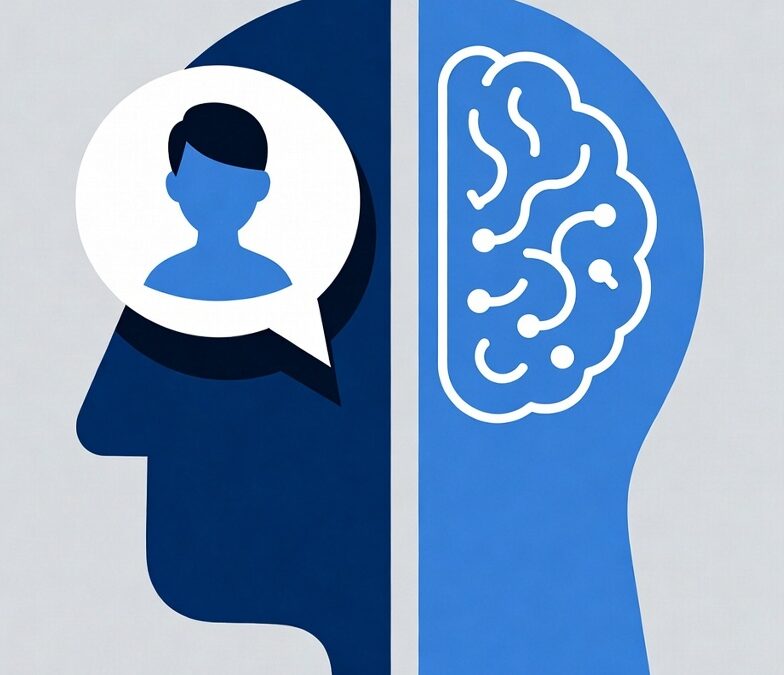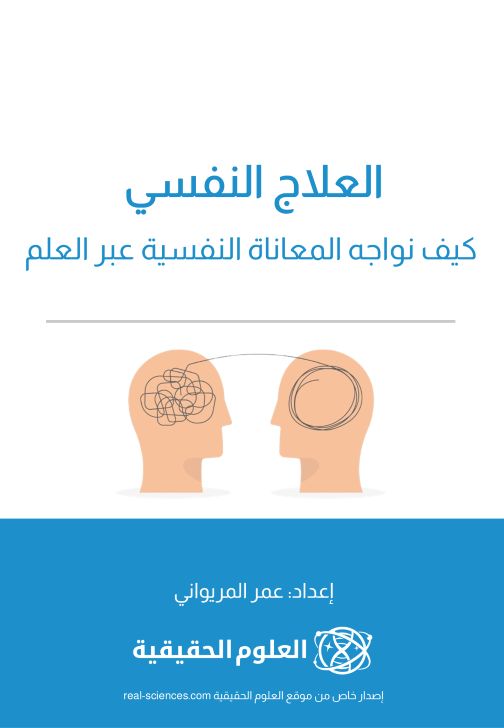
by Omar Meriwani | Feb 11, 2026 | Psychology
Humans are not like a computer, as they do not only store information but emotions as well. The same is true when we pay attention to our surroundings; gaze is directed quickly based on our emotional responses. Scientists call this emotional context. For example, when...

by Omar Meriwani | Jan 30, 2026 | Medicine, Psychology
Scientific studies indicate that the temperature at which humans feel comfortable does not exceed 31°C. Despite variations based on numerous criteria, most perspectives based on the concept of thermal comfort are usually lower than 31°C. In the past, 35°C was...

by Omar Meriwani | Nov 6, 2025 | Psychotherapy
Is there a biological evidence on the efficacy of psychotherapy? Can we prove prove any changes by brain imaging studies that demonstrate the effects of talk therapy? Researchers from Emory University[1] identified specific brain activity patterns that could indicate...

by Omar Meriwani | Oct 31, 2025 | Psychology
Jumping rope has several characteristics compared to other types of aerobic and cardio exercises. Whether it’s long rope (with others) or individual. One of its features is that it can be practiced in a small space, making it suitable for dry, hot areas where...

by Omar Meriwani | Aug 7, 2025 | Psychology, Science and Society
From the dark depths of childhood and upbringing in the Arab world, To Choose Madness traces the unfortunate path of a “sane” person through that turmoil. Parental violence — where a belt or a whip may do more damage than the secret prisons of authoritarian Arab...

by Omar Meriwani | Apr 12, 2025 | Psychology
Is depression a problem affecting the brain as an organ, a disorder of thoughts and how we use the mind, or could it stem from a broader issue in the body? From a lecture by Daniel Nettle at the Evolutionary Psychiatry Group of the Royal College of Psychiatrists,...










